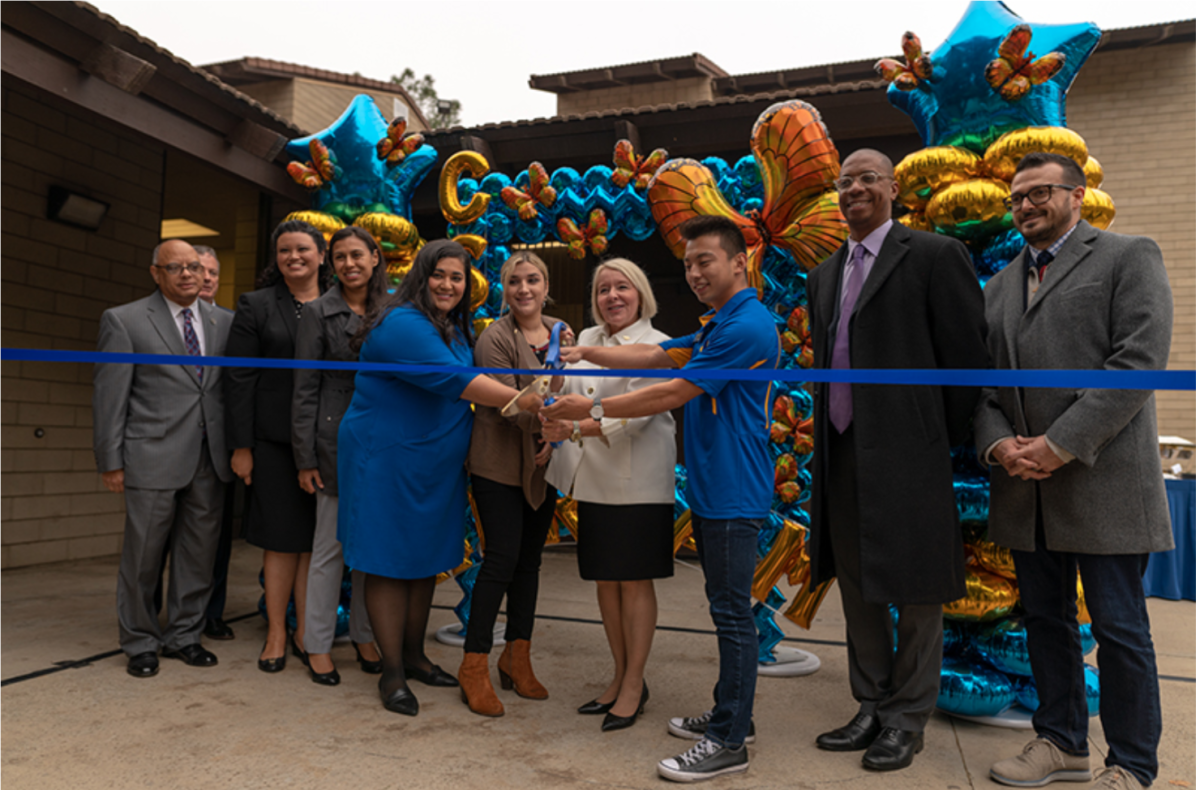
CSU Bakersfield provides immigrant-based resources in the community. Two prominent programs are the Dreamer Resource Center and HEP. The center offers support not only for DACA recipients but to many students who are affected by migration complications; while HEP is a migrant education program that assists agricultural workers in obtaining their GED equivalency.
The HEP program offers the opportunity for farmworkers in the community to obtain their GED through an exam known as HiSET. Three important things to know about this education are that it’s online, free, and in Spanish. The program is typically finished in a year or two but completely depends on the student.
To qualify for the program one must provide any identification that is government-issued as well as proof of work in agriculture, dairy, or livestock.
This educational program is conducted through CSUB and according to Program Specialist, Abel Nunes-Guerrero can bring life-changing outcomes.
“A lot of these students are also parents, and they’ve never experienced that (graduation). Getting to wear the cap and gown, and they receive their certification, and it tugs at your heartstrings. You see the work they put in to get to that point, and not only that our staff as well… it’s a lot of work that end of the day is worth it because we’re having a direct impact on the trajectory of a family,” said Nunes-Gerrero.
He elaborates on more specifics of the program like how it is normally on campus and during the summer. The schedule is Monday – Thursday, 5:30 p.m. – 8:30 p.m., but it is completely up to the student to pick the pace they would like to go at until they finish the program.
Students will be trained to take two exams that will cover math, reading, writing, and social studies. All classes are in Spanish to support students in their journey to obtaining their certification and educators are part of the CSUB staff.
Nunez-Guerrero explained that many of the program’s graduates tend to register in vocational training as soon as they complete HEP, entering fields as welders, electricians, and better-supervising positions in the fields. Many have also continued into higher education obtaining degrees.
CSUB also provides educational support to immigrants in the community with The Dreamer Resource Center.
A common misconception is that the center only has resources for Dreamers, but the resources support many types of students and faculty at CSU Bakersfield, explained Hilda Nieblas, assistant director for residential life.
The Dreamer Resource Center officially opened in December of 2019, and almost immediately had to close due to the COVID-19 shutdown in March of 2020. Despite the rush transition, they have not stopped on their mission to support students of all paths.
This includes undocumented people, students in mixed-status families, and Dreamers, who are individuals who came to the country under the age of 16, and applied and were admitted to the DACA program. As well as AB-540 applicants, which are students who have attended high school in California for three or more years and earned a high school diploma or its equivalent to be exempt from paying nonresident tuition at California public universities.
“We serve as a bridge, making sure students know they are supported,” said Nieblas.
The Dreamer Resource Center offers free legal services every two weeks. At the moment it is being offered virtually. The legal aid is not just for students but also for the facility that is undocumented or has family that is, explained Niebals.
They also offer their help in filling out paperwork, like renewals in applications like DACA, which have to be renewed every two years. They also help with finding scholarships for students that don’t require residency. Another significant benefit the Dreamer Resource Center provides is community — an opportunity for students to meet fellow peers, who share similar situations.
Nieblas also wants the community to educate students to be allies to individuals who are undocumented which is available through the resource center.
“Disclosing that one is undocumented is scary. As a student, as a peer, you don’t need to know all the answers, just to know where you can take them,” Nieblas said.
UndocuAlly training and support are available through the Dreamer Resource Center to equip students that are undocumented and help others get a better understanding of how they themselves can help those who are undocumented.
“I invite everyone on campus to visit our center, both MAGEC (Multicultural and Gender Equity Center), and the Resource Center. We’re excited to share the resources we have. We want to talk to you. If you’re ever just wondering, come see us,” said Nieblas.
The resource center can be found at Rohan Hall, on the west side of campus, in the area of the old student housing. A notable distinction will be the Dolores Huertas bench right outside the center. Contact the center at 661-654-3014 or go online to csub.edu/dreamers.






